Frequently Asked Questions: Your Guide to
Custom Kitchen Remodeling with PNW Kitchen & Bath
Get all the answers you need for your Custom Kitchen Remodel in 2024 with PNW Kitchen and Bath
Dive into our specialized FAQ section tailored for custom kitchen remodels, where we break down the complexities of upgrading your culinary space. Updated in February 2024, our carefully compiled questions and answers aim to illuminate the path to creating a kitchen that’s not only functional but also a reflection of your personal style. Whether you’re mulling over cabinetry choices, pondering layout changes, or curious about the latest trends, our custom kitchen remodel FAQs are your go-to resource for making informed decisions and turning your kitchen dreams into reality.
During a kitchen remodeling consultation, you can expect to discuss your vision, needs, and budget for the project with a professional designer or contractor. They will assess your current kitchen space, take measurements, and possibly take photos to better understand the scope of work. The consultation is an opportunity to explore design options, materials, and finishes. You will also discuss timelines, project phases, and any potential challenges. This meeting is crucial for setting the foundation of your project and ensuring that your expectations align with the practical aspects of the remodeling process.
To prepare for your kitchen remodeling consultation, consider the following steps:
- Gather Inspiration: Collect images or create a mood board of kitchens you love, noting what specific features appeal to you.
- Define Your Needs and Wants: Make a list of must-haves versus nice-to-haves. Consider how you use your kitchen and what changes would make it more functional or enjoyable.
- Set a Preliminary Budget: Have an idea of how much you're willing to spend. This helps the consultant provide realistic recommendations.
- Measure Your Space: If possible, provide a rough measurement of your kitchen dimensions to help with initial planning.
- Think About Appliances: If you’re planning to update your appliances, have an idea of what you want as this impacts cabinetry and space design.
- Prepare Questions: Write down any questions you have about the process, timeline, costs, or design options.
The duration of a kitchen remodeling project varies significantly based on the project's complexity, size, and specific requirements. After an initial consultation, a typical timeline can be broken down as follows:
- Design and Planning: This phase can take anywhere from a few weeks to a couple of months. It involves finalizing the design, selecting materials, and obtaining necessary permits. The complexity of the design and the speed of decision-making significantly impact this phase's length.
- Ordering and Shipping of Materials: Depending on the materials chosen (custom cabinetry, countertops, appliances), this phase can range from 4 to 12 weeks. Custom items and specialty materials typically have longer lead times.
- Construction and Installation: The actual construction phase can vary from a few weeks for a basic remodel to several months for a more extensive renovation involving structural changes. This phase includes demolition, electrical, plumbing, installation of new components, and finishing touches.
- Final Touches and Cleanup: Allow a week or two for final inspections, addressing any punch list items, and thorough cleaning before the kitchen is fully operational.
In total, a kitchen remodel can take from 3 to 6 months, or even longer for highly customized or complex projects. It's important to discuss timelines with your contractor during the consultation phase to set realistic expectations and plan accordingly.
Absolutely! Remodeling your kitchen is one of the most effective ways to increase the value of your home. Here's why:
- Modern Appeal: A remodeled kitchen can significantly enhance the overall appeal of your home, making it more attractive to potential buyers if you decide to sell.
- High ROI: Kitchen remodels often come with a high return on investment (ROI). While the exact ROI can vary based on the extent of the remodel and market trends, updating your kitchen can yield a substantial return.
- Improved Functionality: Beyond just adding monetary value, a kitchen remodel can improve the room's functionality and efficiency, making your home more enjoyable and convenient to live in.
- Energy Efficiency: Upgrading to energy-efficient appliances and materials can reduce utility bills, making your home more appealing to eco-conscious buyers.
In summary, a kitchen remodel not only boosts your home's market value but also enhances your living experience, making it a worthwhile investment.
The typical stages of kitchen remodeling involve a series of steps from initial planning to final touches, ensuring a comprehensive approach to transforming your kitchen space. These stages include:
- Initial Consultation
- Design and Planning
- Demolition and Removal
- Structural Build-Ou
- Mechanical, Electrical, and Plumbing (MEP)
- Installation of Cabinets and Countertops
- Flooring and Tile Work
- Appliance and Fixture Installation
- Finishing Touches
- Final Walk-Through
Absolutely. We prioritize minimizing disruption and can adjust our work schedule to accommodate your daily routine, ensuring a comfortable living environment throughout the process.
Every remodel is unique and not every scenario can be answered in a FAQ.
If you have questions, please contact us today by emailing info@pnwkitchenandbath.com or by completing the form on our contact us page.
